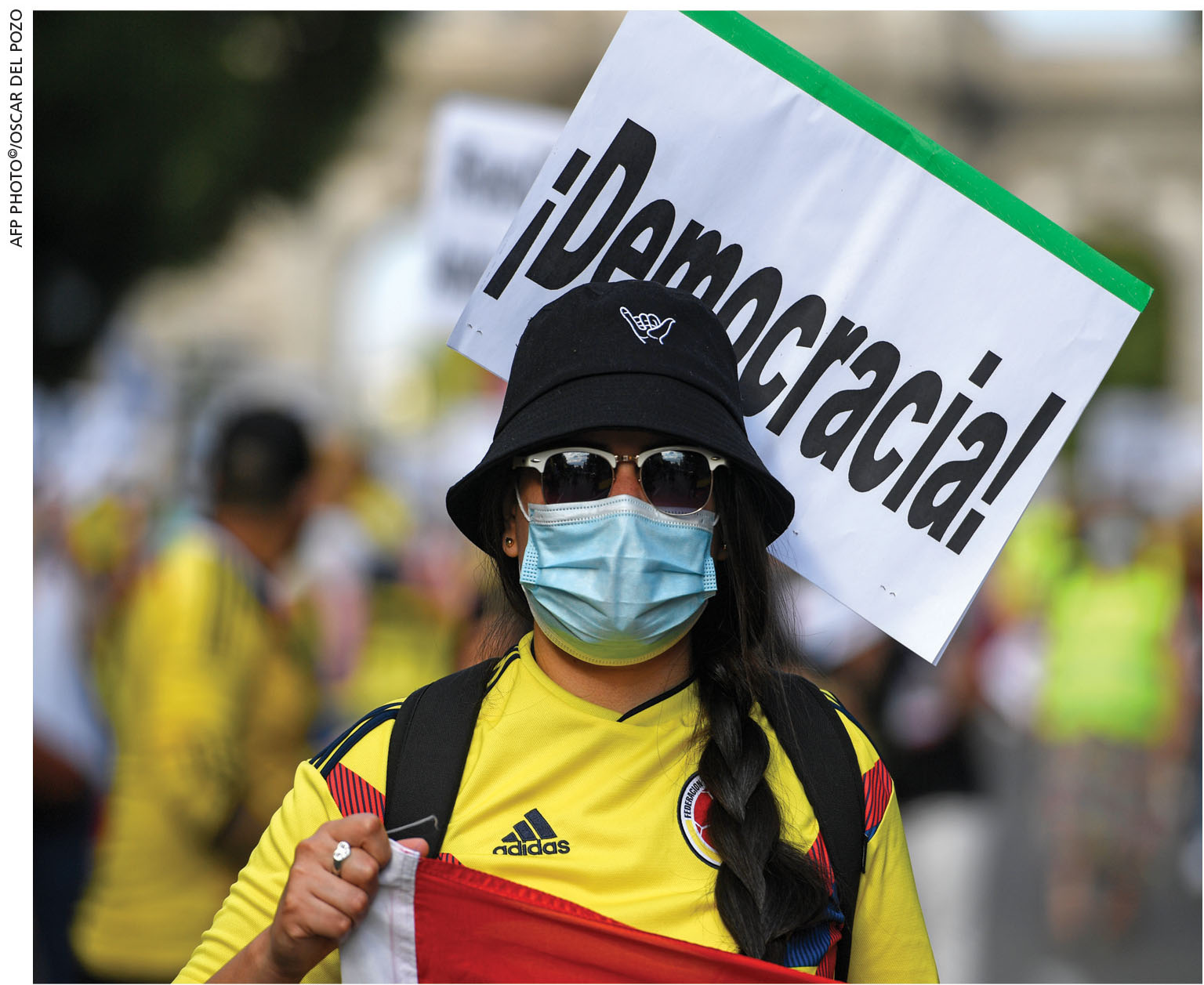THE BODY POLITIC
THE PEOPLE IN A DEMOCRACY
Isanka Perera elaborates on why citizens should have a say in governance
The ancient Greeks were the first to introduce the concept of democracy. It means that the citizens of a country must play an active role in how their nation is governed both directly and through elected representatives.
Most importantly, the people in a democracy can replace their government through a peaceful transfer of power rather than a violent uprising or revolution.
Despite this, Greek philosopher Plato was opposed to democratic governance. He believed that when political power lies in the hands of the people, the loudest voices will dominate – and as a result, irrational and badly motivated decisions will be made. And it isn’t guaranteed that those who are best equipped to govern will have the opportunity to manage public affairs either.
Plato predicted that the collapse of democracy can cause dysfunction, chaos and tyranny.
Democracy is far from perfect. Citizens’ levels of education, understanding of and interest in issues that concern the public vary; and people are easily and increasingly seduced by convincing demagogues.
Yet, in spite of all its imperfections, democracy continues to be the most widespread and supported form of governance. It saddles those in power with a crucial reality check – if they act in an unpopular or unethical manner, they’re likely to be removed from office. The process also fosters equality because when votes are cast, everyone carries equal power with their individual ballots irrespective of their socioeconomic status.
Democracy is an inherently flexible system that forces governments to adapt to changing beliefs and priorities. Its very strength lies in its ability to evolve with circumstances until a consensus is reached.
Non-democratic regimes foster political apathy and individual opinions are considered meaningless. However, democracy encourages citizens to expand their horizons and actively participate in state affairs because they are responsible for shaping it.
Sri Lanka is the oldest democracy in South Asia. From time to time, incumbent officials have manoeuvred the system by introducing various amendments to the original constitution. While the 19th Amendment is considered the most democratic and progressive since independence, the 20th Amendment has negated the progress that Sri Lanka had made after 1978. This is because it gave the executive unchecked powers and weakened other branches of government.
The current cabinet has approved the draft 22nd Amendment to the constitution, which aims to curb presidential powers. It is seen as the first step in reforming a battered and bruised political system.
After hauling the country through decades of heavily flawed practices that hinder democracy, various governments have been accused of stifling freedom of expression through arbitrary arrests and detention, enforced disappearances, torture and killing.
The Prevention of Terrorism Act (PTA), which has been used by the government to justify systematic interference with the freedom of expression, has in effect destroyed the very fabric of democracy.
Of course, Sri Lanka is not the only country that has had to grapple with eroded democratic ideals.
Other lands with similar situations include (but are not limited to) Uganda, Cambodia, Turkmenistan and Chile. This year’s Democracy Index report compiled by the Economist Intelligence Unit (EIU) suggests that democracy in the strict sense is very rare – it lists only 21 countries that are fully functional democracies.
Transformation to a fully functional democracy takes time and there will inevitably be bumps along the road.
But as Sir Winston Churchill once said, “many forms of government have been tried and will be tried in this world of sin and woe. No one pretends democracy is perfect or all wise. Indeed, it has been said that democracy is the worst form of government except all those other forms that have been tried from time to time.”




